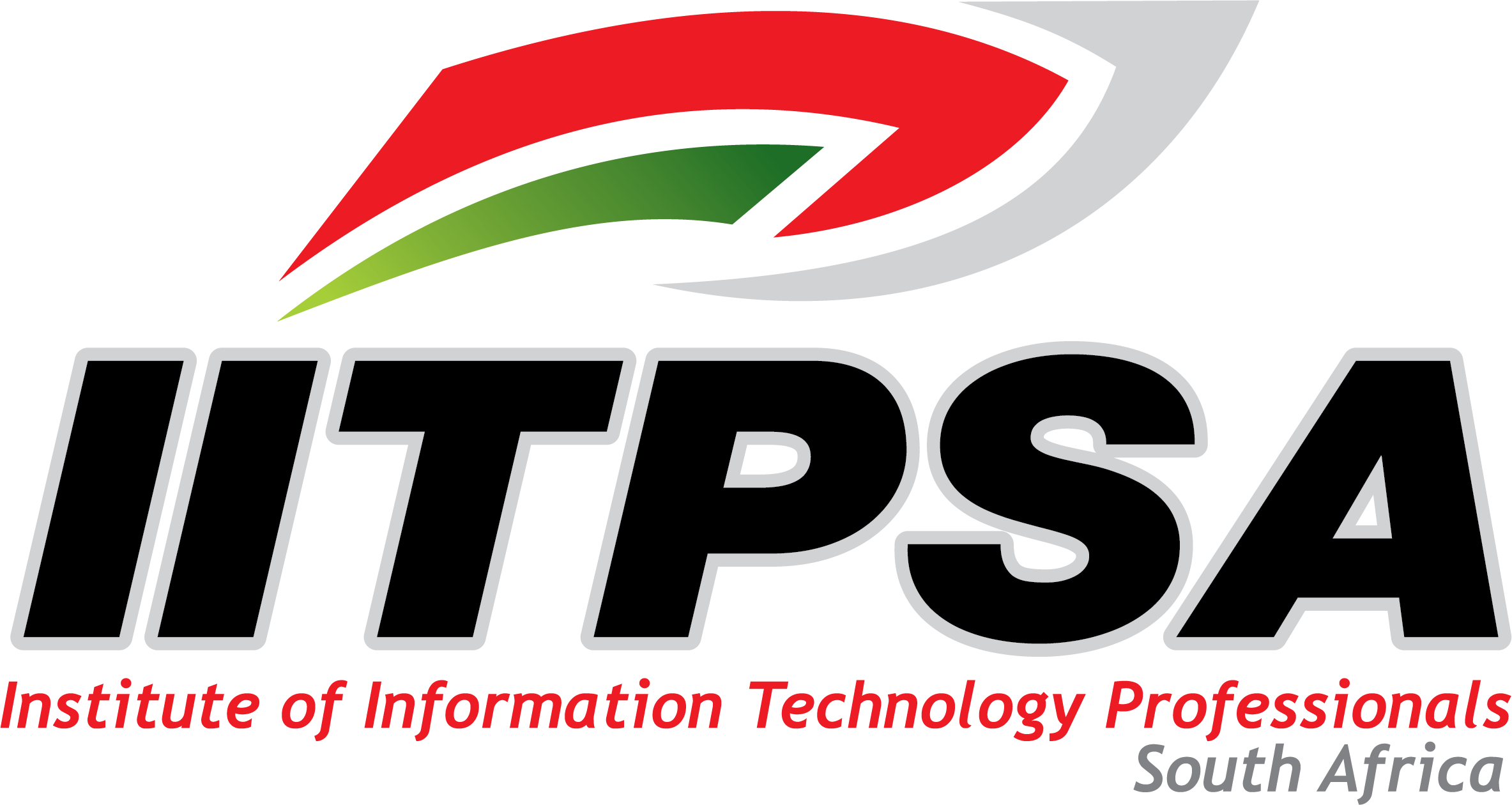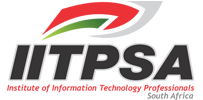–
November was filled with many highlights and, unfortunately, some lowlights for me – but I will not dwell on any of the lowlights other than to say: we all have a choice, we can allow ourselves to be victims or victors. I believe that the struggle one is in today is developing the strength for what one needs tomorrow.
–
I celebrated a milestone birthday in November and treated myself to an overseas holiday. I enjoyed my trip but I always love coming back to our beautiful country. (Ok and the foreign currency exchange rate was also not kind to me)
–
The IITPSA President’s Awards breakfast was a tremendous success. It was an honour to have most of the IT giants in the room. I want to congratulate all the finalists and the winners on their achievements.
–
I was very fortunate to have been invited to the Australian Computer Society’s (ACS) 50th anniversary celebrations. For those who are not aware, IITPSA is 59 years old, which makes us the third oldest computer society / institute in the world. I was asked to attend the ACS Ministerial Forum and represented IITPSA on two panel discussions.
During my visit, I also had an opportunity to meet other Computer Society / Institute presidents. It was interesting to learn that we all experience the same challenges in the ICT industry.
–
One of the other highlights of my trip was to gain a deeper understanding of IFIP and IP3 and, as members of IITPSA, it is important for us to know more about how and where we fit into the bigger scheme of things.
–
The International Federation for Information Processing (IFIP) is a non-governmental, non-profit umbrella organisation for national societies working in the field of information processing. It was established in 1960 under the auspices of UNESCO as a result of the first World Computer Congress held in Paris in 1959. IFIP has a formal consultative partnership with UNESCO and links more than 3500 scientists from Academia and Industry. IFIP represents IT Societies from 56 countries or regions and IITPSA represents South Africa in this organisation. Members of IFIP share experiences and discuss challenges and opportunities. The various working groups and technical committees within IFIP contribute to, and often lead progress in, the state of the art knowledge and practice.
–
For more information about IFIP please visit their website:
–
http://www.ifip.org
–
In next month’s newsletter I will discuss IP3 (International Professional Practice Partnership) and the role it plays in the IT profession.
–
I am sure many of you are in the process of winding down for the year. I want to wish you all a wonderful Christmas and prosperous New Year. Travel safe!
–
Ciao
–
Ulandi

